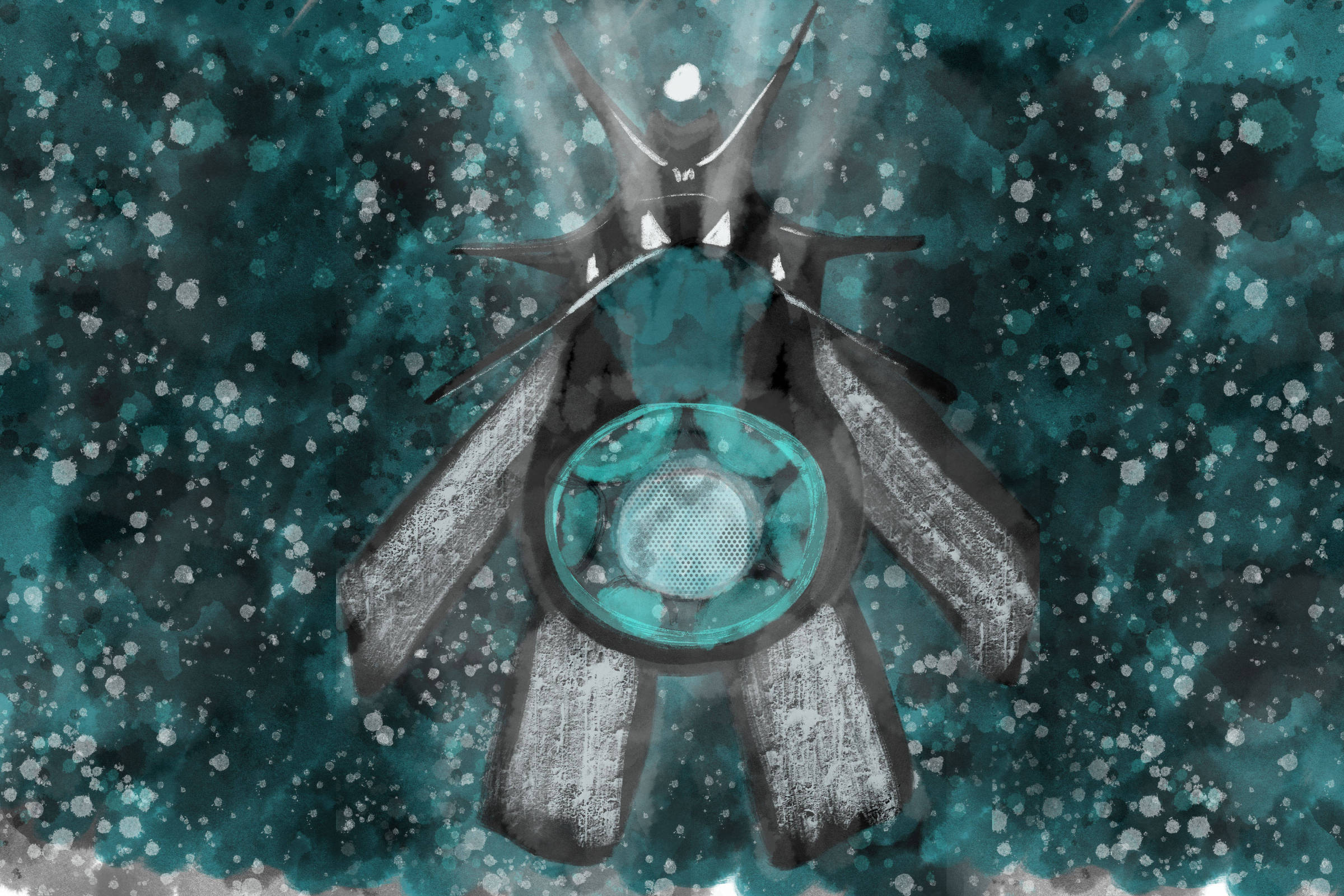AI (artificial intelligence) is one of the most powerful technologies ever created by humankind.
The term has become popular, and foreign experts now call it a "buzzword." While the word certainly helps with product marketing, it has become so pervasive that its meaning is often distorted.
The concept of AI (artificial intelligence) revolves around a computer system that tries to imitate the learning power of the human being and potentially make decisions.
Anyone who searches the internet interacts with artificial intelligence. This technology suggests the terms to complete a search, understands the intention, and lists the results according to what it deems most relevant to the user's profile.
In practice, AI understands that when a user types "where to eat," the person wants nearby addresses –without even writing the word "restaurant."
But to perform such a task, an immeasurable amount of data from all around the world is stored and analyzed so that AI can learn from the patterns.
AI's applications are diverse and include banking software, GPS, helping detect diseases, analyzing contracts, fighting computer viruses, alerting people of natural disasters, choosing the subjects one sees on social media, and even controlling planes.
For some experts, AI may be the last technology that humanity will need to create. It will lead to the creation of new tools. The other side of the coin is that all this power, without care, can mean the end of the human being. Hence, challenges arise to progress safely.
Entities such as the UN, the OECD (Organization for Economic Cooperation and Development), and the European Union are working on documents to serve as the basis for ethical, limited use of artificial intelligence. Giants like Amazon, Facebook, Google, IBM, and Microsoft have created their own rules to prevent indiscriminate use while legislation on the subject lags.
China is waging a veiled war with the United States over technology. The Asian country is also the most emblematic case in the use of AI for surveillance.
At universities around the world, study groups try to help set the boundaries for AI, while their labs invest in expanding the limits of their capacity.
"All relevant actors must assume their responsibility and work collaboratively to identify and deal with the most urgent needs and risks," said Greek Konstantinos Karachalios, managing director of IEEE Standards Association (Institute of Electrical and Electronics Engineers, the main body in the world to discuss technology and society).
Karachalios emphasizes that it is essential that society participates in this debate. To do this, however, it is necessary to understand artificial intelligence.
Translated by Kiratiana Freelon
